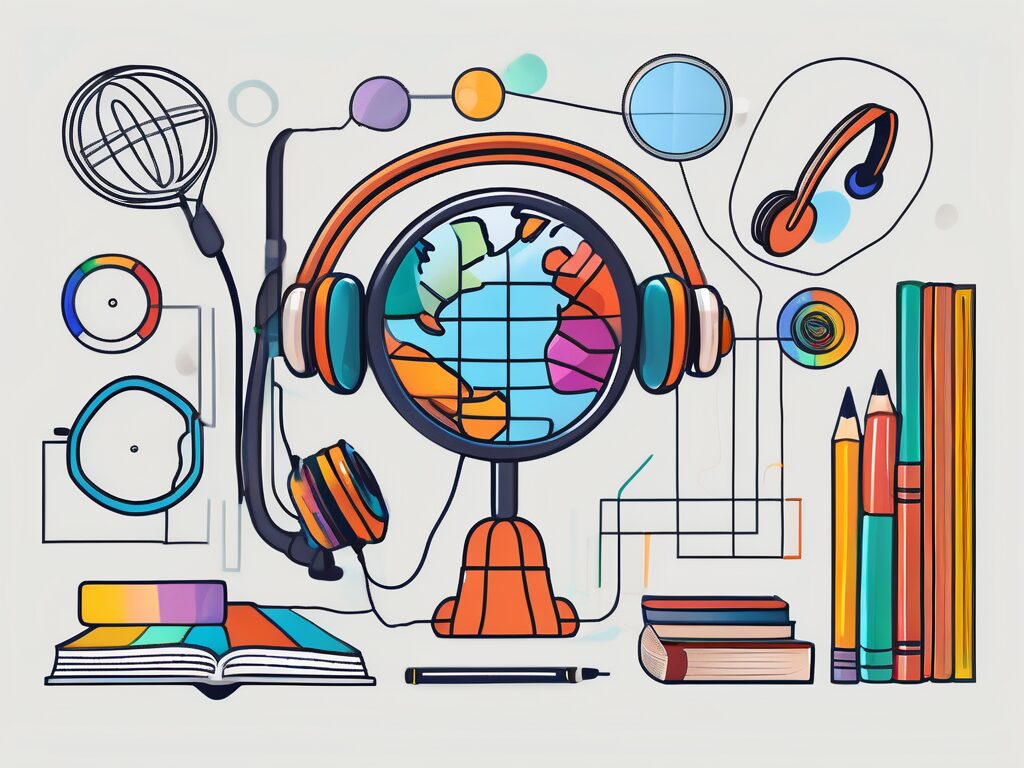The International Postgraduate Certificate in Education (IPGCE) is a globally recognised qualification that equips educators with the necessary skills to deliver high-quality teaching. One of the key areas of focus in the IPGCE is special education. This is a crucial area, as it ensures that all learners, regardless of their individual needs, are given the support they require to thrive in an educational setting.
1. Understanding Special Education Needs (SEN)
What are Special Education Needs?
Special Education Needs, often abbreviated as SEN, refer to the additional educational requirements of learners who have difficulties with learning and engagement compared to their peers. This could be due to a range of factors, including physical disabilities, emotional and behavioural difficulties, or learning disorders such as dyslexia and ADHD.
It’s a bit like needing glasses to see clearly. Just as some people need glasses to correct their vision, some learners need additional support to help them access the curriculum effectively. This is where special education comes in.
The Importance of Understanding SEN
Understanding SEN is vital for educators. It allows them to tailor their teaching strategies to meet the unique needs of each learner, ensuring that no one is left behind. It’s akin to a tailor making a suit – the better the tailor understands the client’s measurements and preferences, the better the suit will fit.
Moreover, understanding SEN helps to foster an inclusive learning environment. It promotes empathy and understanding among learners, helping to break down barriers and reduce stigma.
2. Inclusive Teaching Strategies
Adapting Teaching Methods
Inclusive teaching strategies are all about adapting teaching methods to cater to the needs of all learners. This could involve using visual aids for learners with hearing impairments, providing written instructions for those with auditory processing issues, or breaking tasks down into smaller, manageable steps for learners with ADHD.
Think of it as adjusting the recipe when cooking for someone with dietary restrictions. You wouldn’t serve a steak to a vegetarian, would you? Similarly, educators need to adjust their ‘recipe’ to ensure it suits the ‘dietary needs’ of all their learners.
Utilising Assistive Technology
Assistive technology can be a game-changer in special education. Tools such as text-to-speech software, digital note-taking devices, and specialised keyboards can make a world of difference for learners with SEN.
It’s like using a GPS when driving. Sure, you could get by with a map and compass, but a GPS makes the journey so much easier and more efficient. Similarly, assistive technology can make learning more accessible and enjoyable for learners with SEN.
3. Collaboration with Parents and Other Professionals
Working with Parents
Parents play a crucial role in supporting their child’s learning, especially when the child has SEN. Regular communication with parents can provide valuable insights into the child’s needs, strengths, and areas for improvement.
It’s a bit like a doctor-patient relationship. The more the doctor knows about the patient’s symptoms and lifestyle, the better they can diagnose and treat the illness. Similarly, the more educators know about their learners, the better they can support their learning.
Collaborating with Other Professionals
Collaborating with other professionals, such as educational psychologists, speech and language therapists, and occupational therapists, can be highly beneficial. These professionals can provide specialist advice and support, enhancing the effectiveness of teaching strategies.
Imagine it as being part of a football team. Each player has a specific role, but they all work together towards a common goal. Similarly, educators and other professionals need to work together to support the learning and development of learners with SEN.
4. Continuous Professional Development
The Need for Ongoing Learning
As with any profession, continuous professional development is key in education. This is particularly true in special education, where new research and developments can significantly impact teaching strategies and learner outcomes.
Think of it as upgrading your smartphone. Just as you need to update your phone to benefit from the latest features and improvements, educators need to keep updating their knowledge and skills to provide the best possible support for their learners.
Benefits of Professional Development
Professional development can enhance educators’ confidence and competence in supporting learners with SEN. It can also provide opportunities for networking and collaboration, fostering a community of practice among educators.
It’s like attending a fitness class rather than working out alone. Not only do you get expert guidance, but you also get the motivation and support from your fellow class members. Similarly, professional development provides a supportive environment for educators to learn, grow, and thrive.
In conclusion, special education is a key focus in the IPGCE, underpinning the commitment to supporting all learners. By understanding SEN, employing inclusive teaching strategies, collaborating with parents and other professionals, and engaging in continuous professional development, educators can ensure that all learners are given the opportunity to reach their full potential.
Advance Your Special Education Expertise with iQTS
As an educator committed to supporting all learners, you understand the importance of continuous professional development and the value of specialized qualifications. The IQTS at UWE offers the International Qualified Teacher Status (iQTS) programme, designed to elevate your teaching credentials and expand your impact in special education. With the iQTS, you’ll overcome common barriers such as stringent qualification requirements, enhance your career progression with increased promotion rates and salary potential, connect with a global community of educators, and gain a deeper understanding of international curricula. Embrace the opportunity to balance your professional growth with your current commitments through our flexible online study options. Make Your Next Step towards achieving excellence in special education with the iQTS programme.

